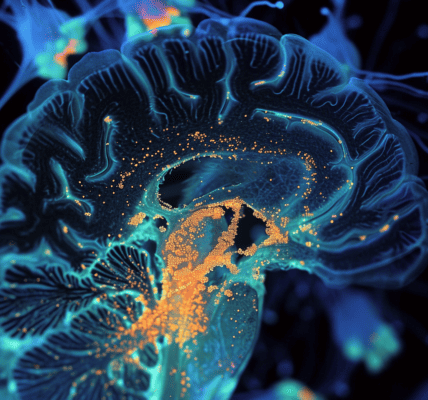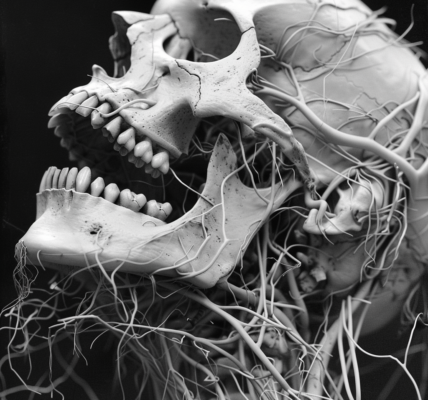Menopause is a natural phase in a woman’s life that often comes with a host of questions and uncertainties. From the confusion surrounding terminologies to the management of symptoms, navigating through menopause can be a daunting task for many. To shed light on this topic, we turn to experts in the field for answers.
Stephanie Faubion, M.D., M.B.A., the medical director of the Menopause Society and director of the Mayo Clinic Center for Women’s Health, emphasizes the importance of understanding the different stages of menopause. Contrary to popular belief, the term ‘menopause’ does not accurately describe the entire process. Perimenopause is the stage where hormonal changes begin, periods become irregular, and fertility declines. Menopause, on the other hand, is officially recognized one year after the last menstrual flow, marking the end of the reproductive phase. Postmenopause follows this milestone, bringing relief from menstrual cycles and pregnancy concerns.
It is essential to note that menopause typically occurs around the age of 51 in the United States. During perimenopause, women may mistakenly assume they are no longer at risk of pregnancy due to irregular periods. However, Dr. Jackie Thielen, the director of the women’s health specialty clinic at the Mayo Clinic in Jacksonville, FL, warns against this misconception. Pregnancy is still possible during this transitional phase, necessitating the use of effective birth control methods such as oral contraceptives, hormonal rings, or IUDs.
While menopause is not a disease, it can bring about certain health considerations postmenopause. The decline in estrogen levels postmenopause eliminates the protective benefits previously provided by this hormone. This change underscores the importance of proactive health management during and after menopause.





